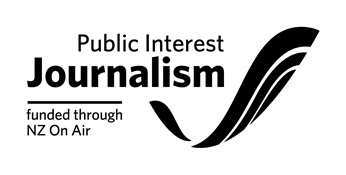New Zealand we have a problem …
I get asked a lot if getting employment opportunities was straightforward while living with a disability. The truth of the matter is that most of the disabled community including myself have no plan or security when it comes to employment in New Zealand.
I got to put a few questions to Anne Hawker, the Principal Disability Adviser at the Ministry of Social Development on disability employment and what needs to be done to improve the employment pathways for people with disabilities.
“Currently there is a skill shortage and yet there is enormous potential in the disabled community that is being missed. The cost to the country of exclusion is mind-blowing and so as a country economically we are worse off. As an economist, this is a tragedy and it should be called out as a national disaster.”
Mother of two, Anne was diagnosed with a progressive neurological condition 43 years ago.
Over the past 40 years, she has played a leading role in Rehabilitation International’s work towards the United Nations Convention on the Rights of Persons with Disabilities, been President of the Disabled Persons Assembly New Zealand, advocated for the New Zealand Disability Strategy, been CEO of the Head Injury Society and singlehandedly implemented the ‘Lead Toolkit: A guide for employing disabled people. Equal opportunity in the job sector is a big issue for her.
“I believe it is not only the right thing to do but the bright thing to do. Employers are missing out on incredible talent and committed people. Secondly, the evidence that shows for a whole variety of reasons that employment and feeling valued is good for a person’s wellbeing. Lastly the changes I have seen when people are given the opportunity to succeed".
I asked her why is so passionate about championing the rights of people with a disability...
"When I became disabled I quickly became involved in trying to fill some service gaps for disabled people. This service was established in 1979 and was disabled-led and responded to the needs of the community. It quickly became obvious that disabled people had been shut away with little access to services. My parents very much believed in and supported the rights of all people. This I think was an important role model and unconsciously in imprinted on my way of doing".
Surprisingly, the barriers are on the able and disabled sides.
“One of my worst experiences had to come from the disability community who accused me of crossing into the dark side when I joined the public service. What I needed was the sector’s support. I still see a concentration on the medical model and what is wrong with the person rather than driving changes to policy and practices – the systemic barriers.”
I then told Anne about my personal experience with the current situation with unemployment. How I graduated with a Bachelor's Degree in Communications in 2019 and then had to wait for two and a half years for my first real job. Getting my application for multiple jobs declined because they thought I was not up to it. I felt a sense of failure and frustration at the time.
My story wasn’t new to her. Her advice …
“Make the most of the opportunity you have and plan for your next steps. See the positive. I know people are scarred by being rejected but now you are in a good space to build on that. Stay positive, Believe in yourself”.
When we look at the stats around Disability employment - it doesn’t make for good reading as we have a huge way to go before we reach any point of equality.
1 in 10 employed disabled people said they felt they had a ‘high’ or ‘almost certain’ chance of losing their job or business in the next year, according to Stats NZ.
While more than a million people in Aotearoa are estimated to have some form of long-lasting impairment, only 42.5% of disabled people aged 15 to 64 years old were employed in the June 2021 quarter. This was in comparison to 78.9% of non-disabled people in the same age group, according to Stats NZ.
Clearly, there is a problem!
“I think one of the issues is that disabled people have never been seen as a population group and have not been part of either the Diversity and Inclusion debate or the equity debate. That is starting to change as we have more voices calling for change.”
So, what does the future hold? Anne has a clear vision for a better more inclusive future.
“The perfect world for disabled people is when people understand ableism and it is called out along with sexism and racism. That the employment sector reflects the community, and we see strong leaders at the top echelon of businesses and the public service, and they are proud to identify as part of the disabled community”.



